FreightWaves Classics is sponsored by Old Dominion Freight Line — Helping the World Keep Promises. Learn more here.
The Pacific Railway Act of 1862 was enacted by President Abraham Lincoln to garner federal support for construction of the transcontinental railroad.
While B&O Railroad was the first commercial transportation by rail in 1827, connecting Chicago to the East Coast, there still was not a direct connection completely west.
The goal was to spread geographically throughout the United States and help move goods and people faster and more safely. The desire to expand the country west became more important after the discovery of gold in California.
According to the Digital Public Library of America (DPLA), Central Pacific Railroad in Sacramento, California, and Union Pacific Railroad in Omaha, Nebraska, began the project, laying tracks under a federal government contract, supported by government land grants and bonds. To push productivity, the companies were also compensated $16,000 for each mile of track in the Sierra Nevadas and east of the Rockies.
The extra compensation began a race that lasted seven years between the two companies, each hoping to lay the most track.
The DPLA shared an exhibition of some of the photographs taken and illustrations created at that time to show the rush toward California. Here is a gallery of some of the most interesting photos from the collection.
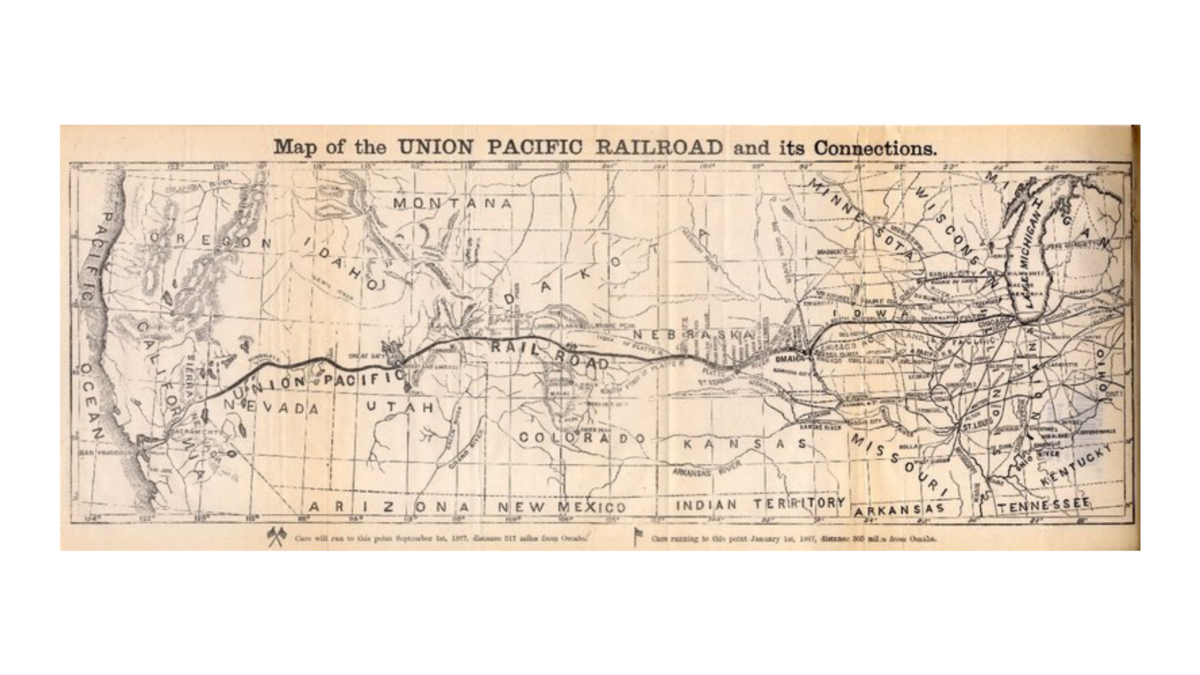
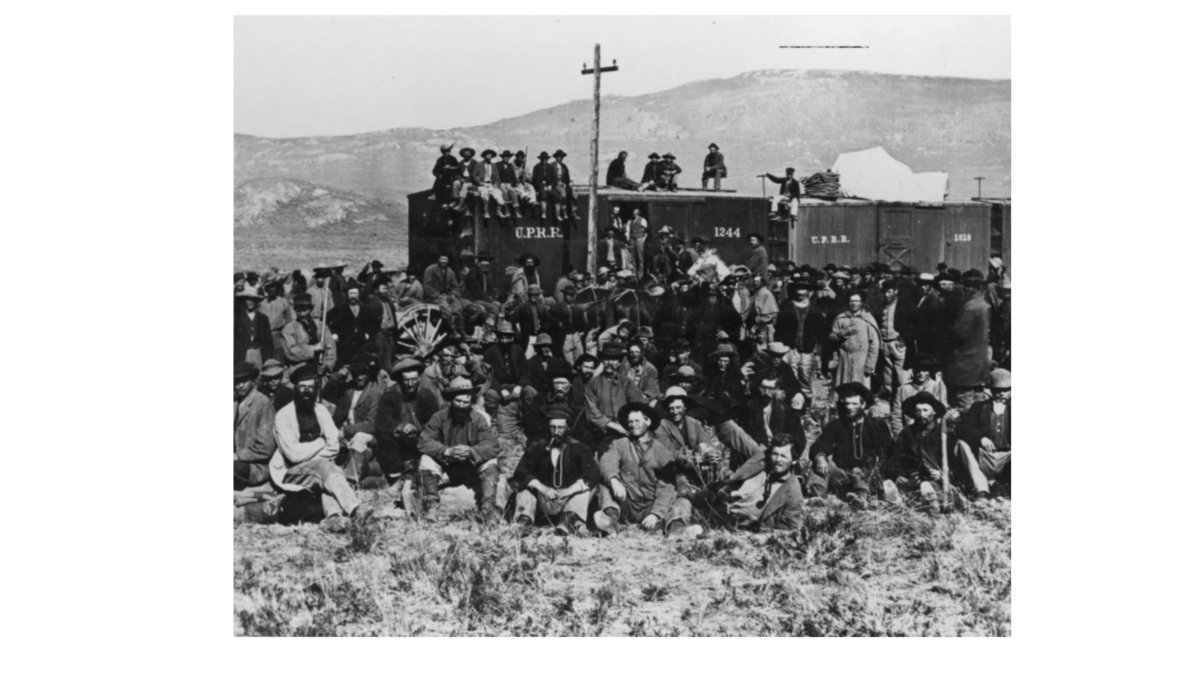
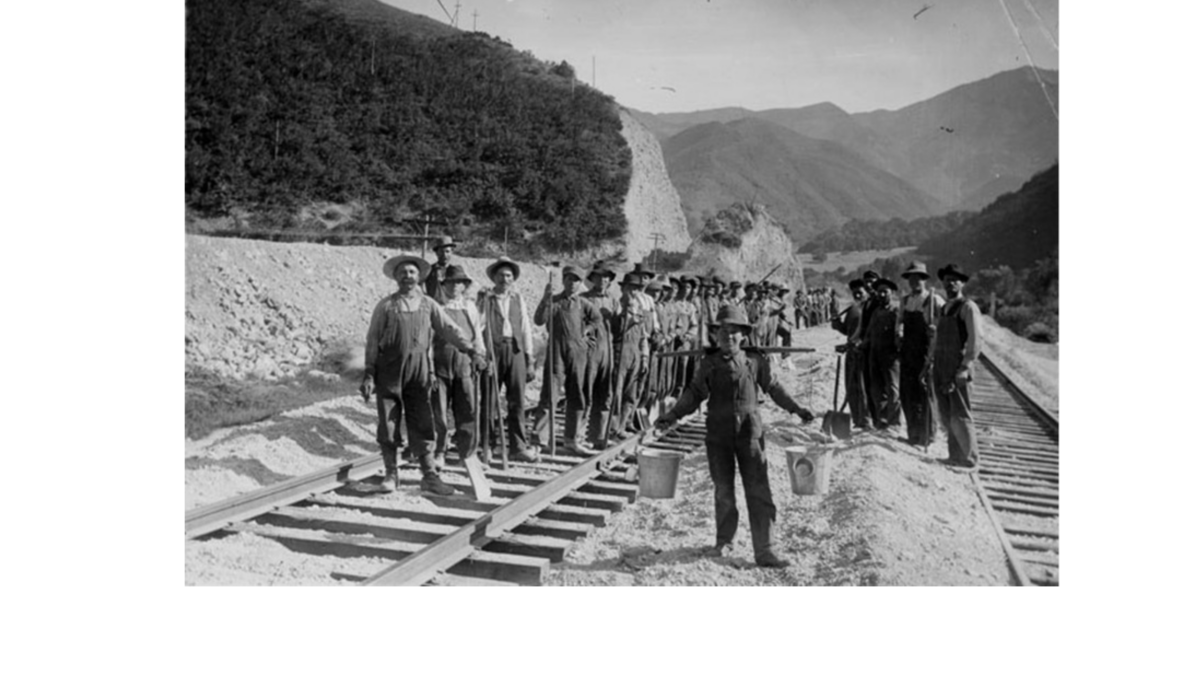
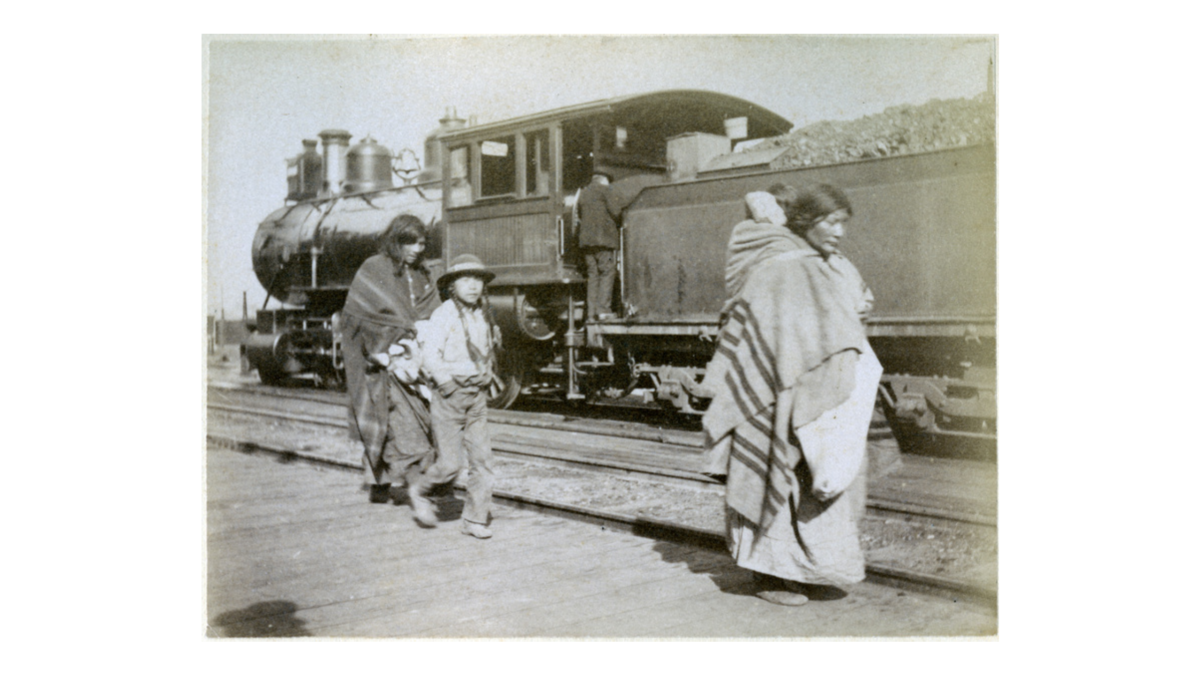
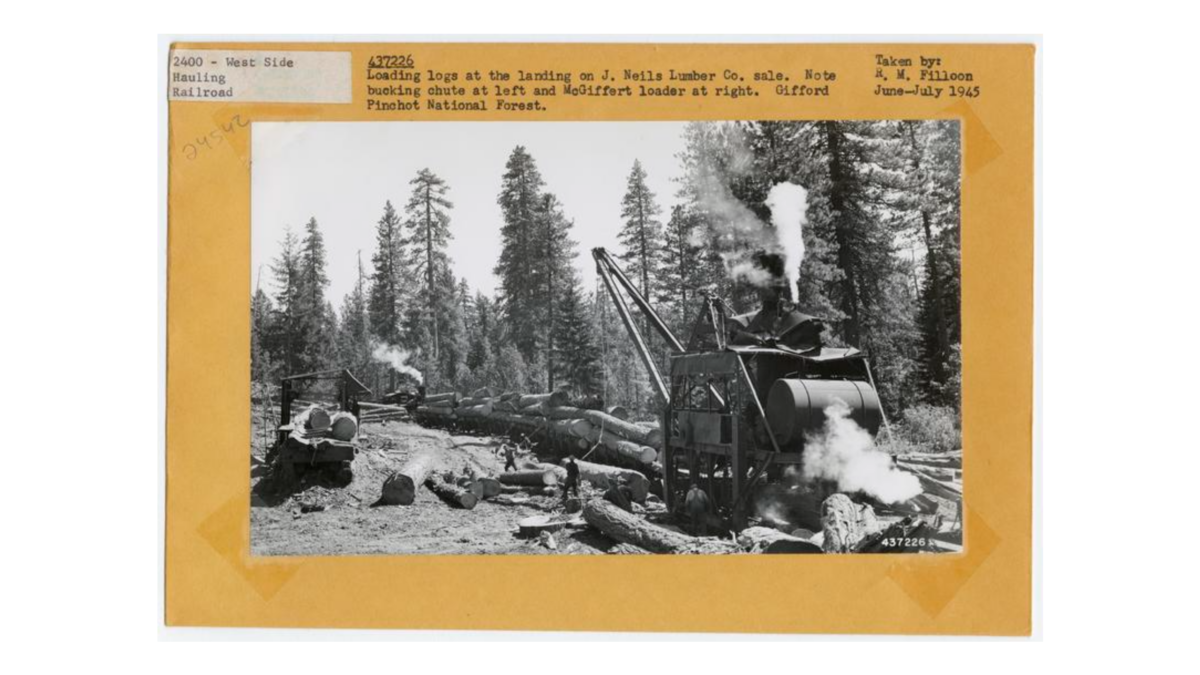
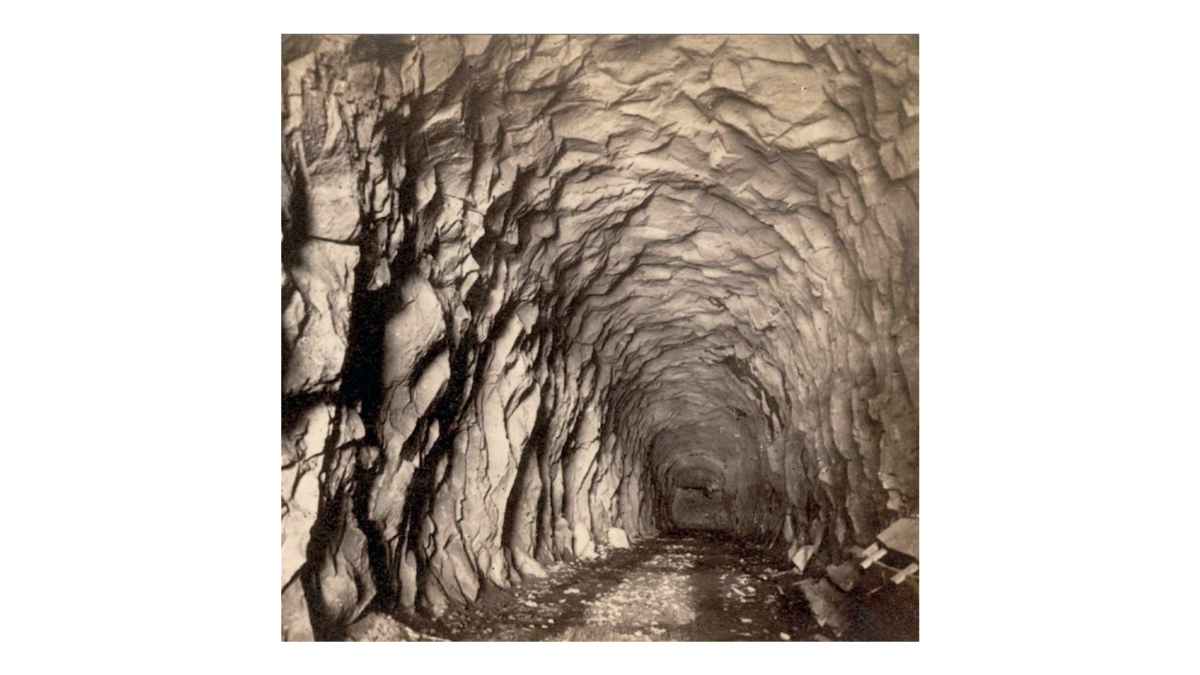
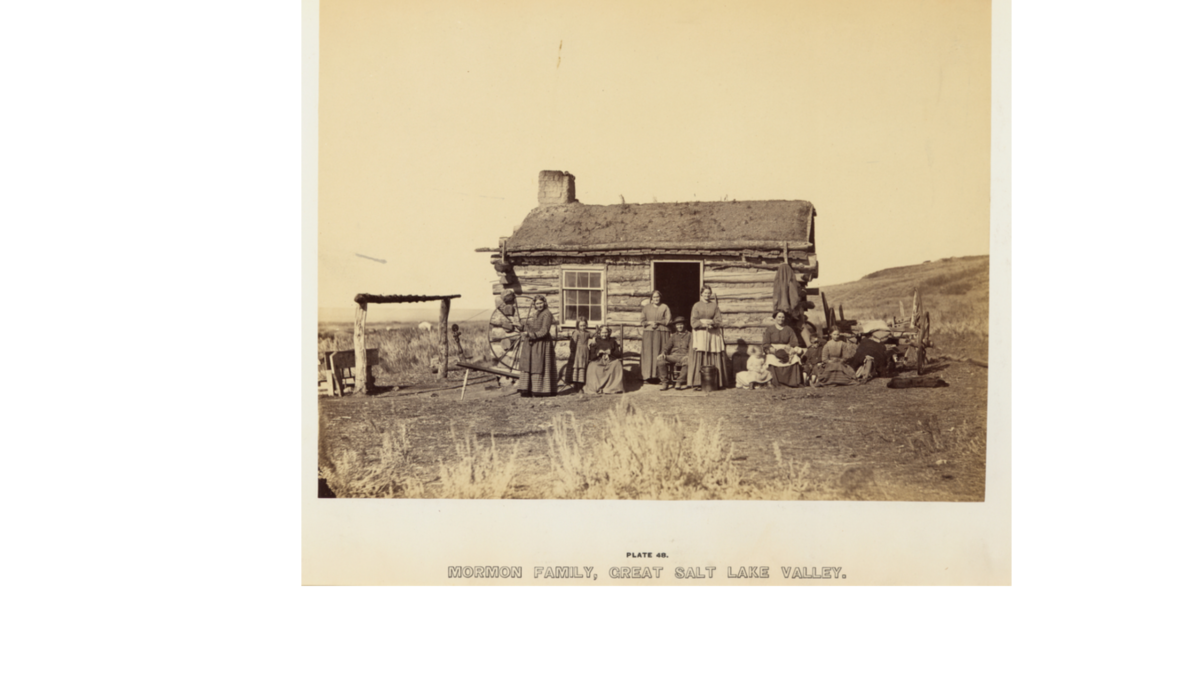
Click here to see the entire collection.
FreightWaves Classics articles look at various aspects of the transportation industry’s history. Click here to subscribe to our newsletter!
Have a topic you want me to cover? Email me at bjaekel@freightwaves.com or follow me on Twitter.







